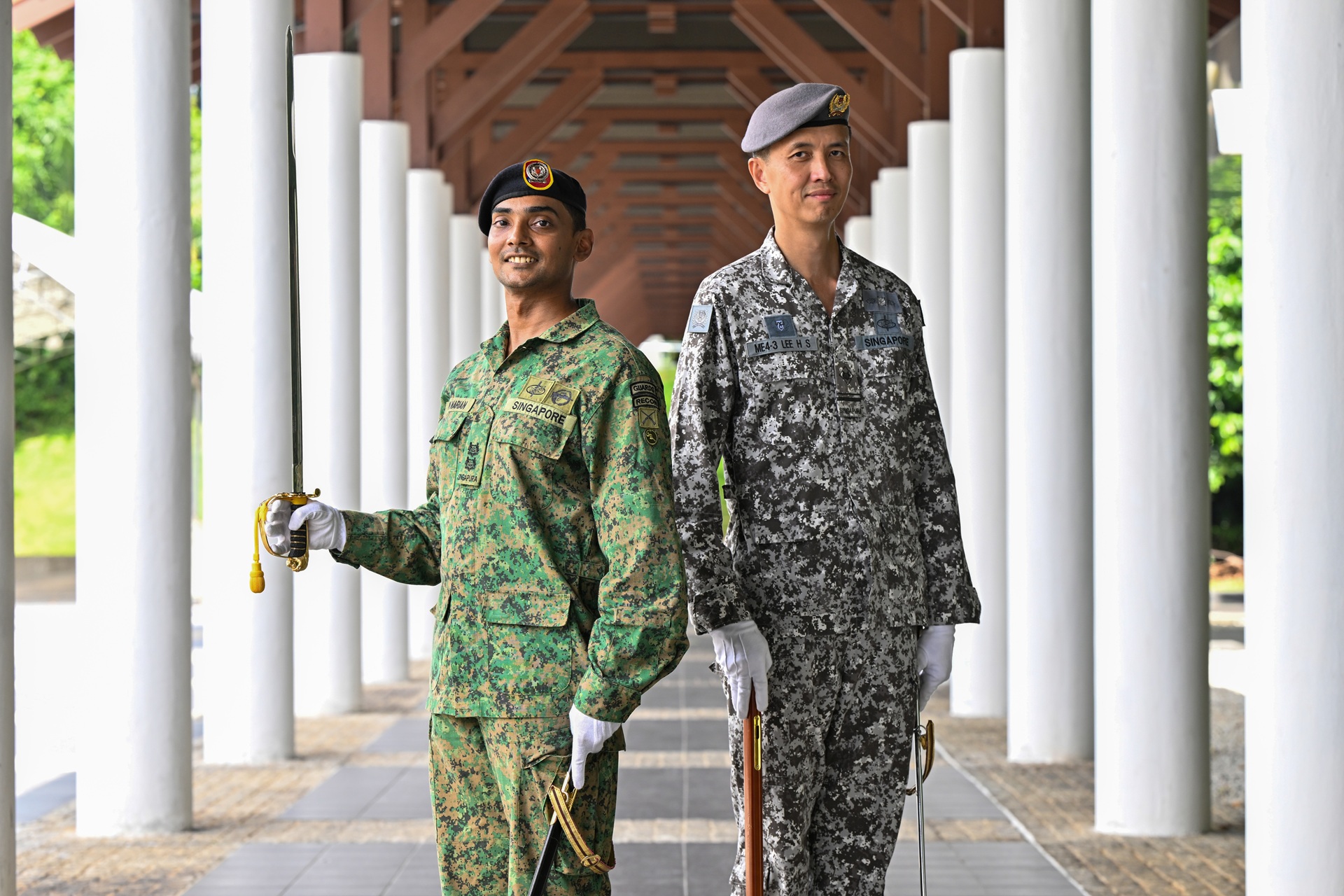PHYSICALLY FITTING PROGRAMME
PHOTO // Alvin Lim
Operationally-ready National Servicemen (NSmen) who cannot pass their annual Individual Physical Proficiency Test (IPPT) used to dread the inevitable notice to attend Remedial Training (RT). But not anymore. PIONEER learns more about the revamped RT programme.
Since last year, an electronic IPPT system has been implemented at Khatib and Bedok Fitness Conditioning Centre (FCC) (Maju FCC uses a slightly older electronic system, but there are plans to upgrade it later this year). In June 2004, a revised RT programme for NSmen who are unable to pass their IPPT, was also unveiled. One year on, how is this new RT package working? More importantly, how do NSmen feel about it? We hear from both sides.
If you have attempted your IPPT at Khatib FCC before, chances are 1WO Ronald Wee would be a familiar face. After all, the Officer Commanding of Khatib FCC is often seen running with NSmen to motivate them during their 2.4 km run. Armed with a ready smile, 1WO Wee wants all NSmen to have a positive experience during his IPPT or RT sessions.
What is the objective of IPPT and RT?
IPPT is a fitness test for all physically-fit servicemen. For NSmen who fail it, we conduct RT to help build up their physical fitness. We want to give them the knowledge, so they can even train on their own, to pass their IPPT.
How does the revamped RT programme differ from the previous one?
In the past, regardless of your weak areas, we conducted the same physical training for all. Now, the electronic IPPT frees up manpower to conduct RT. Hence we have specific programmes for the RT attendees, targeting their problem areas.
They are divided into three groups: those who are weak in the static stations, those who are weak in their running, and those whose Body Mass Index (BMI) is above 27. For this last group, our focus is for the NSmen to lose some weight first, then continue training to pass the IPPT.
How is RT conducted?
RT is divided into two phases. In Phase 1, the NSman comes for two sessions weekly, one on a weekday and another in the weekend. Here, we help NSmen build up their basic foundations in physical fitness. At the end of the month, they attempt the IPPT again. Those who still cannot pass enter Phase 2 of RT.
This lasts for another month and the NSman comes for three sessions per week, two weekdays and one weekend. Here, my instructors can observe the NSman to see what mistakes he is making, and advise him accordingly. It is more like personal coaching for the NSman.
A good fit: 1WO Wee (right) says when fitness specialists are sincere while conducting RT, NSmen will be more receptive to the training programme. LCP (NS) Toh (left) agrees, saying that the instructors always encourage the NSmen.
Is this the fitness specialist's role during RT?
We are not here to 'tekan' or make things difficult for the NSmen. Instead, we want to help them improve. NSmen should view this as a partnership; if you need advice, we will dispense it. So we tell them: "This is the training you should do," and how they will benefit from it.
I also make it a point to ensure that my instructors train alongside the NSmen, like running with them, to encourage them. They are not to stand around and just order the NSmen about!
Sounds like the NSmen receive the kind of personal training that many pay for in the big gyms in town!
Yes! Some NSmen have told me that they like our training very much; that even their own personal trainers do not give them so much information. Ultimately, I want my instructors to be professional and sincere in their jobs. If you are sincere, the NSman will sense it and know that you are really there to help him, and he will be willing to move along with you.
I feel the pain and frustration of some of my instructors when the NSmen they are helping still cannot pass their IPPT. And when the NSman passes, he will come looking for his instructor to personally thank him. That is very good!
How else do the fitness specialists help NSmen improve their fitness?
We conduct lectures for them. We explain our training package to the NSmen so they can better understand what we are doing. Next, we tell them more about diet, advising them on the food they should eat. And we teach them how to prepare for IPPT, like how they should be mentally prepared for it.
With this new RT programme, are there any improvements to the NSmen's IPPT results?
Oh yes! With the previous programme, after three months of training, we only saw about 30 per cent pass rate in IPPT. But now, with just two months of RT, the average pass rate has climbed to 60 per cent. Surveys also indicate that a majority of NSmen rate the RT experience positively. They are happy with the training and many see an improvement to their personal physical fitness.
I even have NSmen who return to the FCC after doing their RT and passing their IPPT, who want to continue to join in our training! I had to turn them away, but I encouraged them to use our gym. And if they want to, they can still approach the fitness specialists who will give them some personal advise and can devise a personal fitness programme and help them though it!
Many NSmen can surely identify with 29-year-old LCP (NS) Toh Siew Wee: he readily admits he has problems passing his IPPT, with the standing broad jump station and 2.4km run giving him the most headaches. After failing his IPPT last October, this technician with Singapore Technologies started RT this February. After a month and a half of RT, he is now happy to report that he has passed his IPPT for this year!
Before attending RT, how did you feel?
'Sian!' (Demoralised). I thought it would be a waste of time and that the fitness specialists would put us through very tough physical training!
Did you think that it would be like your old basic military training (BMT) days where the fitness specialists made the recruits do lots of push-ups?
Yes! I had that impression. Some NSmen who went through the old RT programme also told me that it would be like mass physical training. So I thought it would definitely be very 'siong' or physically taxing, and it would not help me at all.
So what is RT really like?
Totally different! On the first day, the fitness specialist explained to us how the new system is different, and many of us NSmen were still very sceptical. But when I started on the programme, I found it very manageable. I worked out in the gym and did some running too. I also had lessons in nutrition and learnt how to maintain my fitness level. At no point did the instructors force us to do things we did not want.
How are the fitness specialists conducting the RT?
They are very sincere in wanting to help and motive us, to improve our physical fitness. They are approachable and willing to share many tips on training. Like what sorts of weights you should lift, or what food to eat...you just have to ask them! It is just like having your own personal trainer, and you do not even have to pay for his advice! I still come to use the gym at Khatib FCC even though I longer have to do RT.
So there are no complaints about the fitness specialists?
No, instead, I feel very grateful and happy. Even though most of them are Full-time National Servicemen (NSFs), they really put in much effort in helping us with our physical training. Even if you are physically weak, they will never discourage you. Instead, they urge you to try your best.
With two or three sessions per week, was it difficult to juggle RT with work and personal commitments?
Actually the RT system is very flexible. If, for some reason, you cannot make the RT session, you can inform the FCC and change it to another day. This is not much of a problem.
How have you benefited from the RT programme?
Well, I feel that my legs have become stronger! In the past, I could only achieve a borderline pass for my 2.4km run. But in my last IPPT, I actually managed to complete it under 11mins 45 sec, which is the Silver award standard. That was simply fantastic! The training really works!
Do you feel you are now a much healthier person? Or had you always kept to an exercise regime, like running three times a week?
(Laughs) No, I didn't do that! Otherwise I would not have failed my IPPT! But yes, now I am definitely more concerned with my health and nutrition. I have now adopted a healthier lifestyle. Hopefully I can maintain this now!
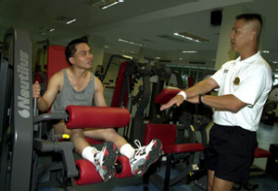
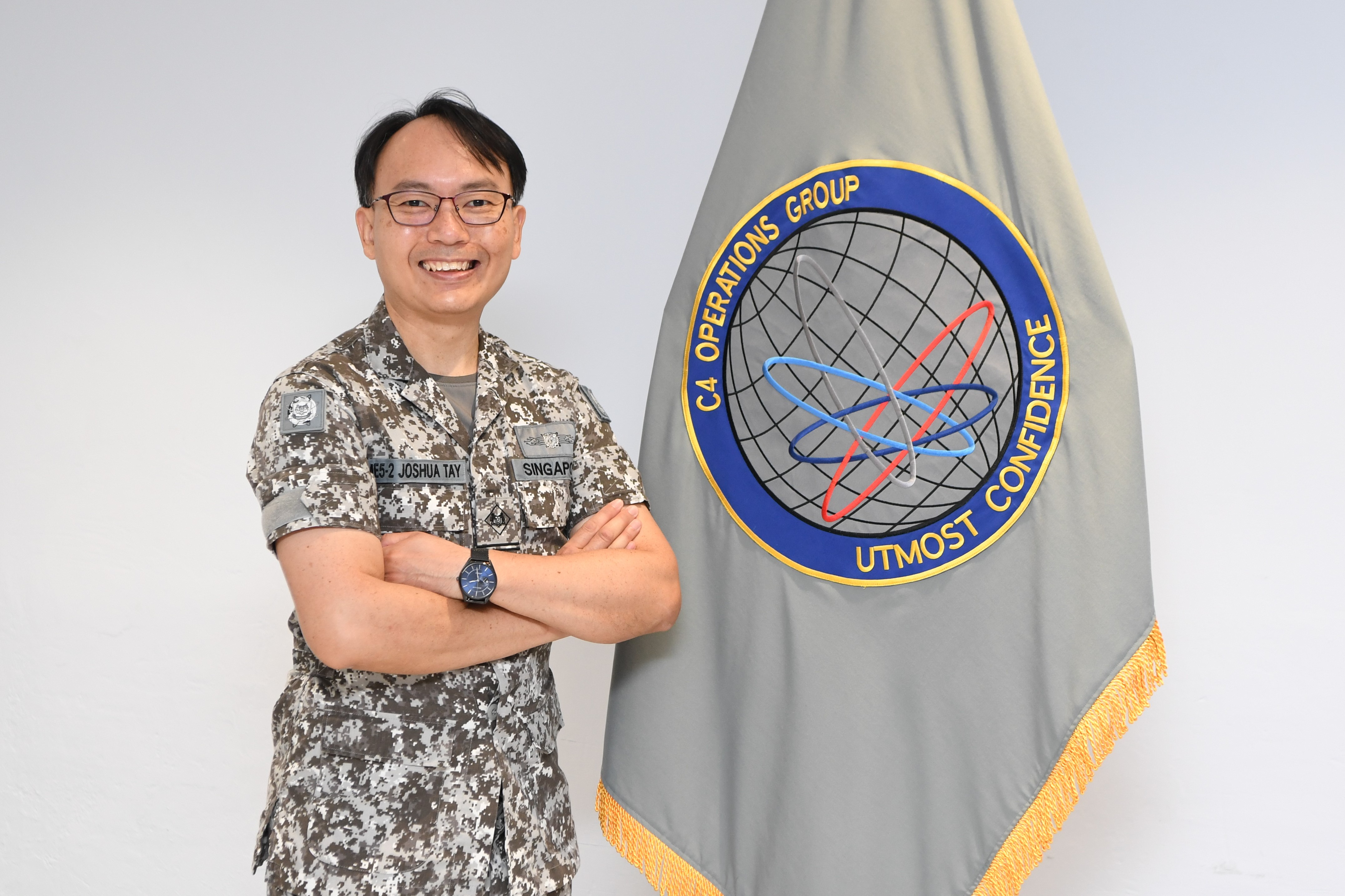
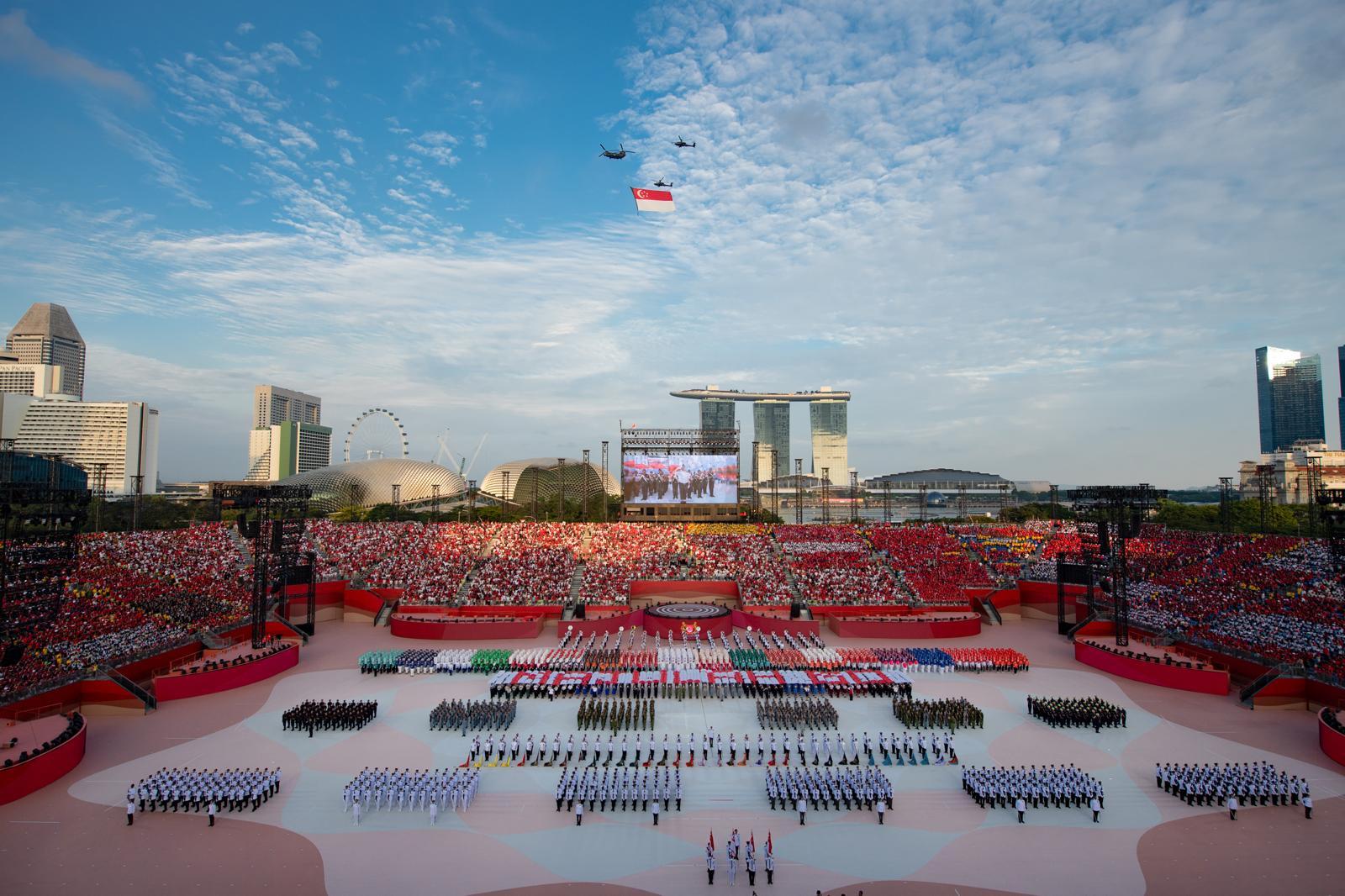
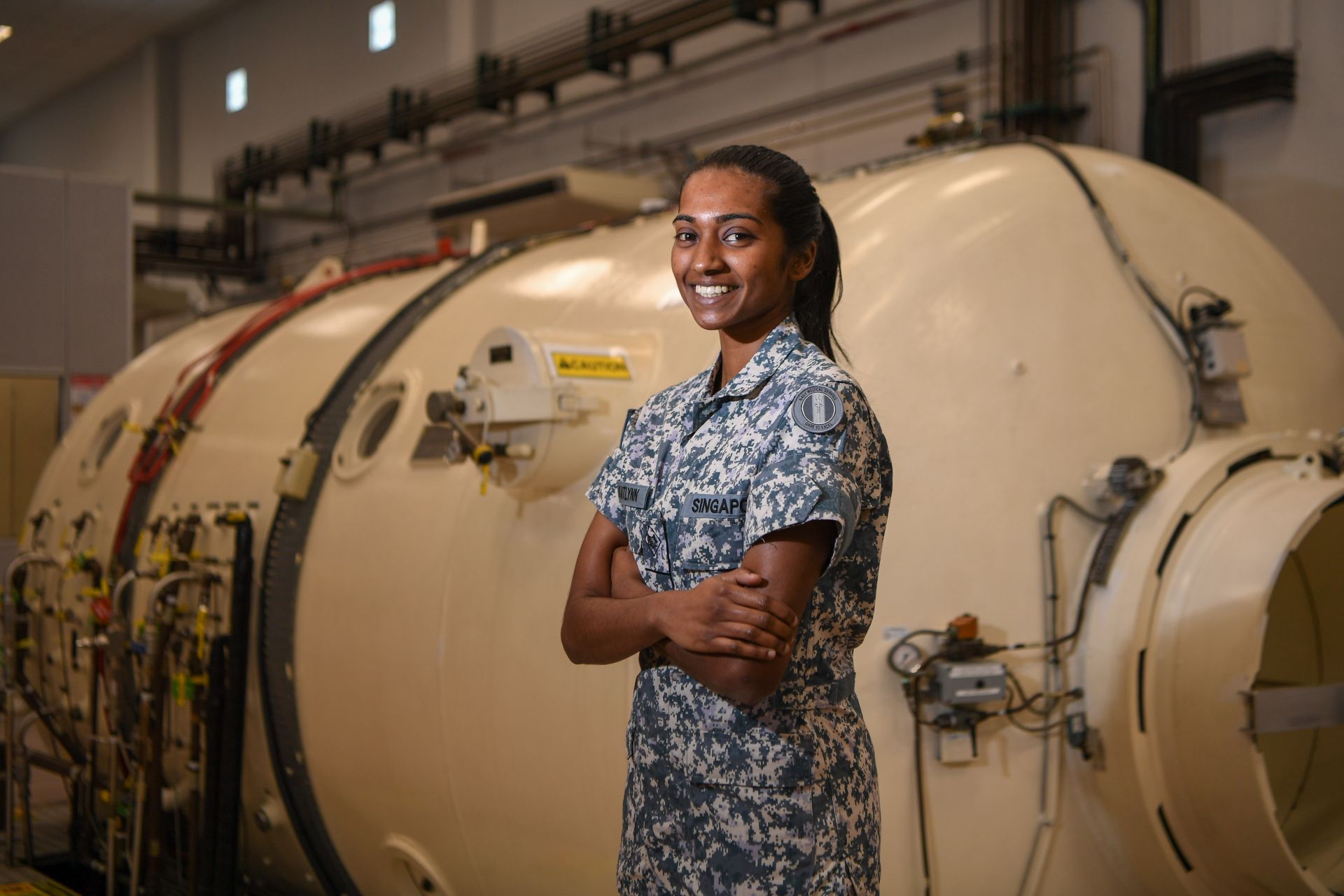
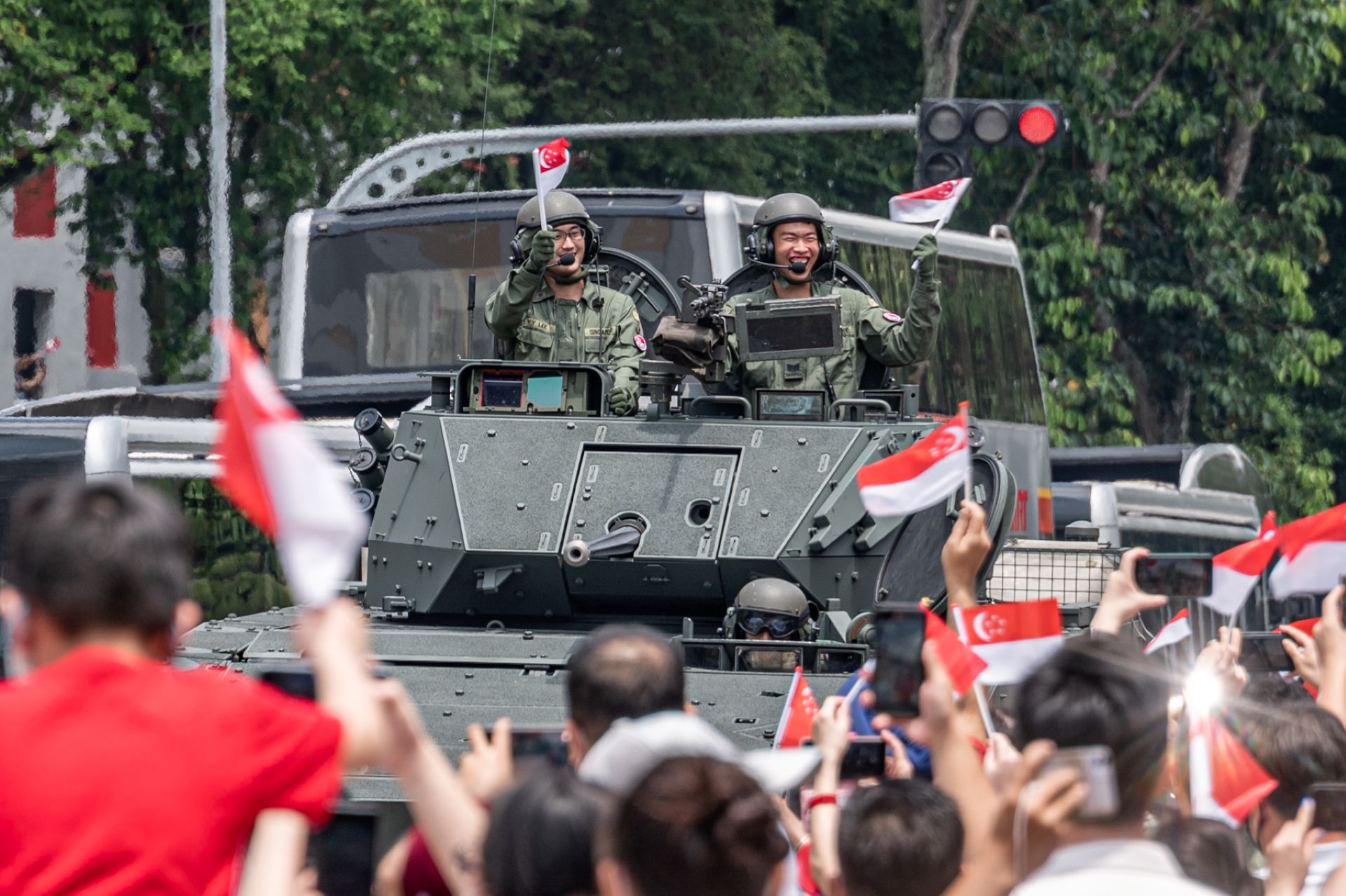
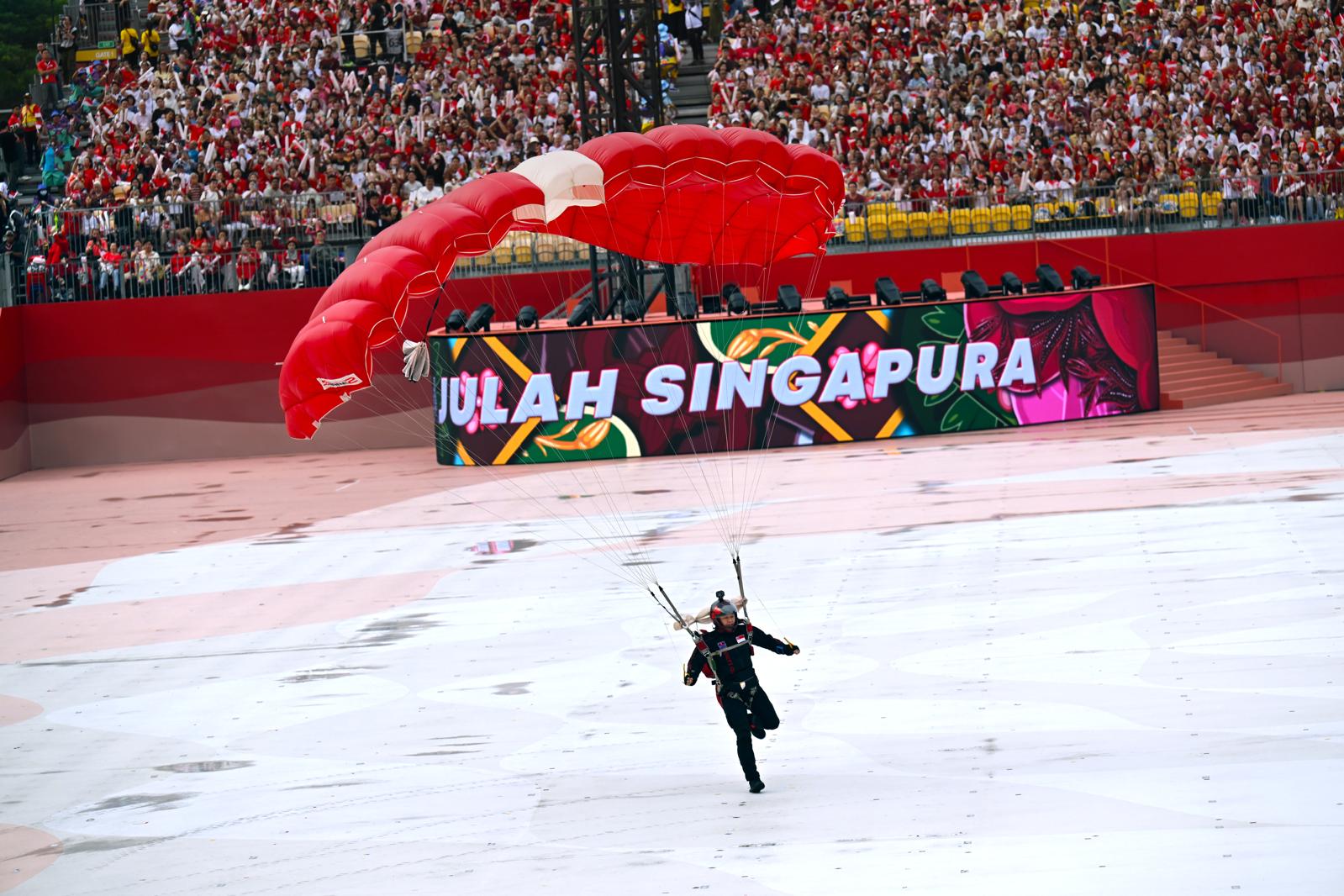
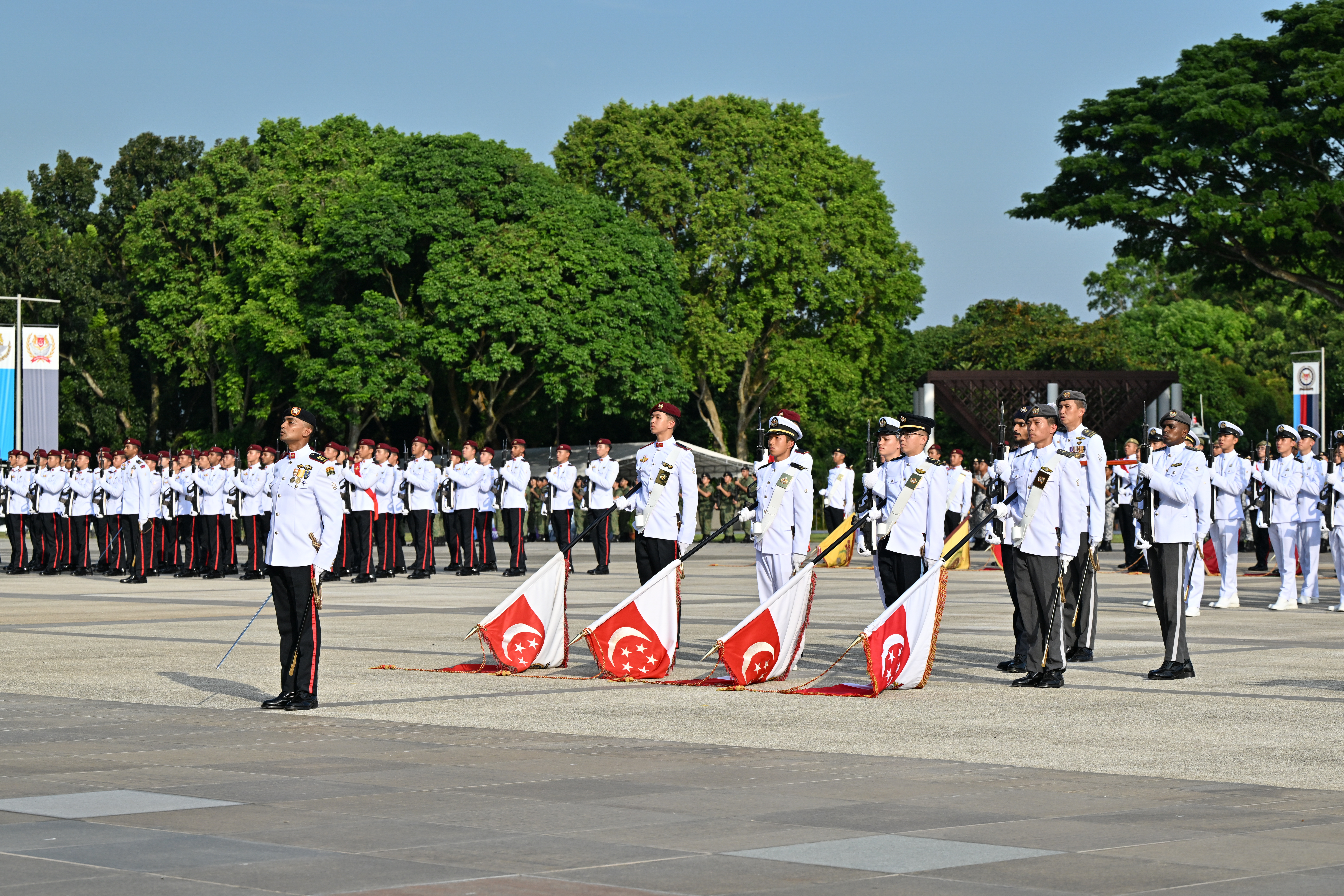
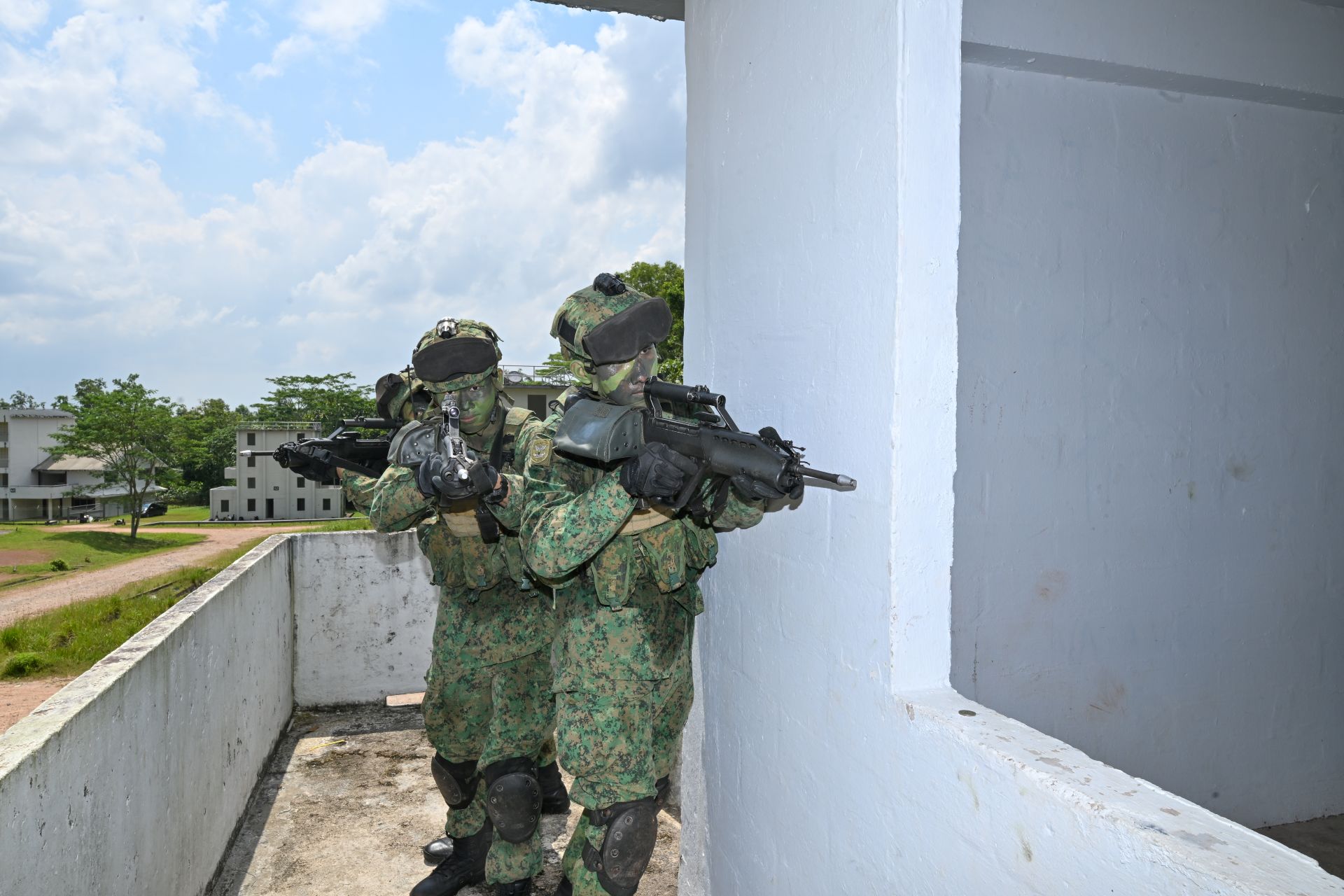
.jpg?sfvrsn=b5383902_1)
.jpg?sfvrsn=4eb1b86e_1)
